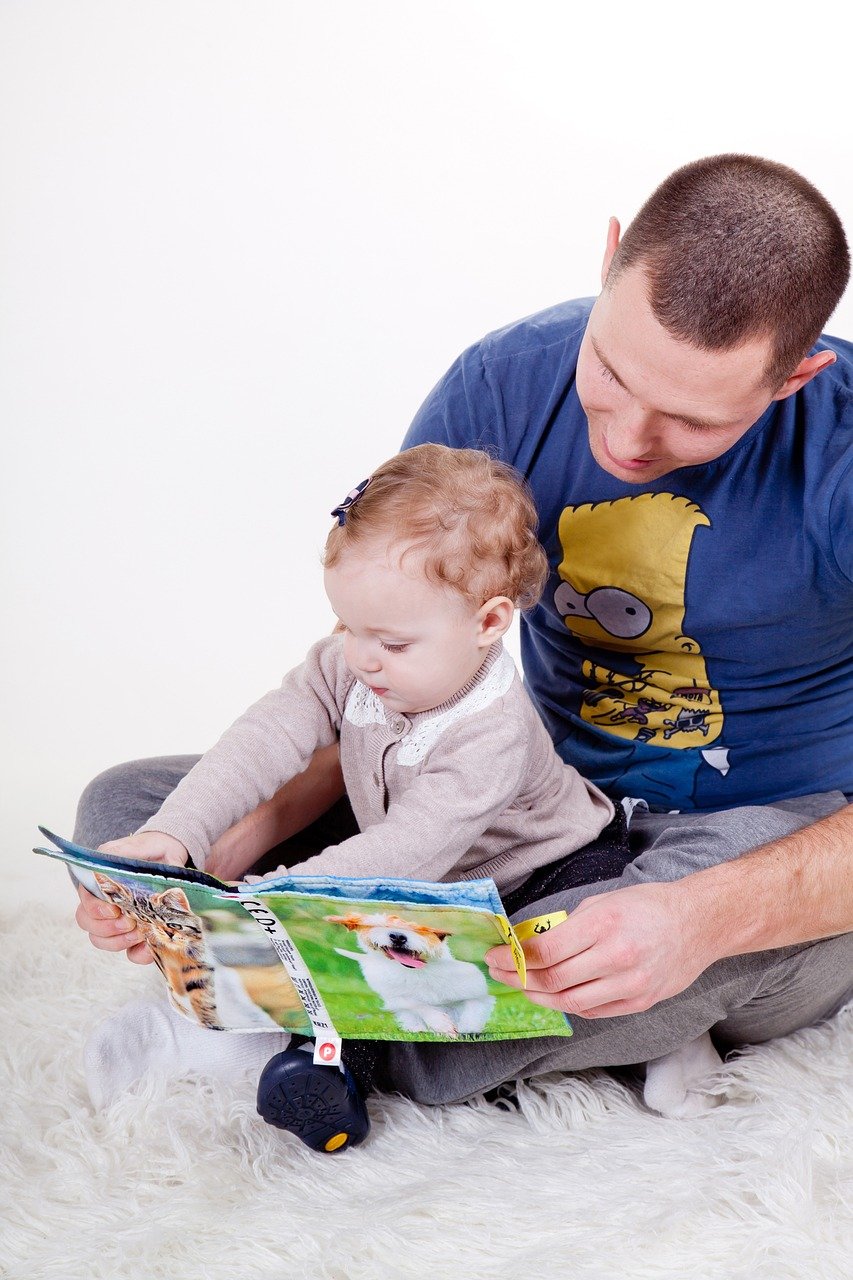The change from being without a child to a parent is a whirlwind that happens overnight. Babies demand so much care and attention that it’s easy to feel you’ve lost the life you had before and traded it for a little human who needs to be fed, rocked, supervised, played with, and changed 24-7.
Having a baby is exhausting, and it can be challenging for parents to admit that, for most of us, life pre-baby was much more fun than after the new arrival.
A 33-year-old Redditor named RCerberus90 took to the Parenting forum to ask if he’s ever going to be able to enjoy the life that he knew before having kids, and he received a lot of support from parents who told him it gets better.
However, things will never be like they were again.
“My little lad is 13 months now, and I am struggling socially,” the dad admitted. “Every day feels like Groundhog Day. My weekdays consist of getting up, going to work, coming home, playing with blocks, and then going to bed. My weekends are the same, except I don’t go to work.”
“My question is, when does it get easier?” the dad asked. “Everybody I speak to laughs and says: ‘It doesn’t get easier” [and it’s] not helpful. It’s one of those really frustrating answers where people think they’re being comical.”
“Realistically, I know my life has changed forever, but at what point do parents find that they started to get their life back?” the dad continued.
One of the most popular responses to his question provided hope for the future while making the subtle but essential point that it’s crucial to enjoy the moment, as hard as it may be.
“Rest assured, it does get easier! I found that from 3 to 4, you can start to (try to) reason with them, and from 5, it’s noticeably better and then progressively better each year. I found it exhausting from 1-5 but now look back with fondness wishing I could spend time with my toddler kids who no longer rely on me so much,” Hexusmelbourne wrote.
Another commenter noted that working with your partner to give one another a mental and physical break makes things a lot easier.
“13 months is still pretty firmly in the ‘baby’ stage, so normally parents trade off responsibilities, invite people over, or find hobbies that can be done after the kid goes to bed or around kiddo’s schedule. For example, I used to listen to podcasts on my drive to work and then read a book on my lunch break. Maybe your wife could have one night off a week where you handle dinner/bathtime, and then you also get one night off a week? Maybe you could invite a friend to join you at the park with your son? Maybe you could look into hiring a babysitter for monthly date nights?” Stardewseastarr wrote.
Another commenter agreed. Having a partner with whom you can share the load is one of the most important ways to navigate the infant phase.
“You have to dedicate time for yourself each week,” aHostileApostle wrote. “The old life is not gone, you need to create balance. If you have a partner, sit down and hash out some ‘me’ and ‘us’ time, including pints with the boys. It’s all about balance. You got this.”
Orney-Tea-795 was slightly bothered by the dad’s desire to get his “life back.”
“I’m confused on what you mean by ‘get your life back.’ This is your life,” they wrote. “Your lifestyle has changed because of your child. If you need to go out and hang with friends, then get a babysitter so you can do so. Just because you have a child doesn’t mean your life stops, it just changes around the baby and what the baby needs a bit more. Also, get a hobby to do after the kid goes to bed or goes down for a nap.”
In the end, the father was happy to get some support and learn that there is hope that the daily grind will get easier.
“Thank you all for the replies. Sorry, too many to reply individually, but I have read them all,” the dad wrote. “In regard to my comment about ‘getting my life back,’ it’s more a figure of speech. Of course, I ‘have a life.’ It’s more quality of life that’s degraded. Simple things I took for granted before have gone. I like to think I’m very much a ‘do-er’ — before my son, I couldn’t think of anything worse than sitting in all weekend watching Netflix. I would rather do a physical activity. I think that’s why I’m really struggling. Simple things like going for a pint with my dad on a Sunday, going for a drive, or having a project to work on in the garage have all stopped.”
“Thank you all for the comments and your stories. It has helped,” the dad concluded.




























